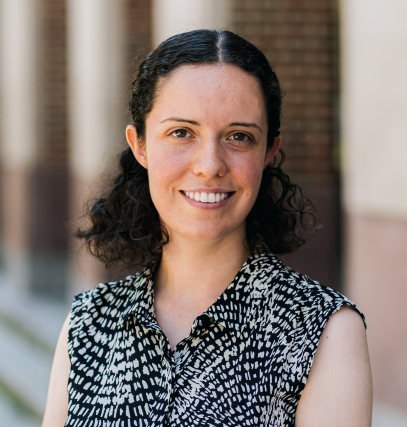Teaching
Courses
COGS 50.08 Modeling Mind and Behavior
Fall 2025 - MWF 10
Course Description: This course will review computational approaches to modeling the mind by walking through the steps of hypothesis formation, experimental design, statistical analysis and theory development. We will cover major contributions of cognitive modeling approaches to the field of neuroscience combined with hands-on learning in research methods, programming and scientific writing through analyzing real-world data to understand the mechanisms of mind and behavior.
Guest Lectures
Spring 2025 - COGS 80 Major Seminar in Cognitive Science
Talk title: Initial signs of learning: Decoding newly learned vocabulary from neural patterns in novice sign language learners
Fall 2022 - COGS 80 Major Seminar in Cognitive Science
Talk title: Characterizing changes in knowledge and learning with multivariate fMRI
Teaching Apprenticeship
- Spring 2022 - PSYC 60 Principles of Human Brain Mapping with fMRI (TA, Lab Instructor)
- Fall 2021 - PSYC 6 Introduction to Neuroscience (TA, Guest Lecturer)
- Summer 2021 - PSYC 11 Laboratory in Psychological Science (TA, Lab Instructor)
- Summer 2020 - PSYC 11 Laboratory in Psychological Science (TA, Guest Lecturer, Lab Instructor)
